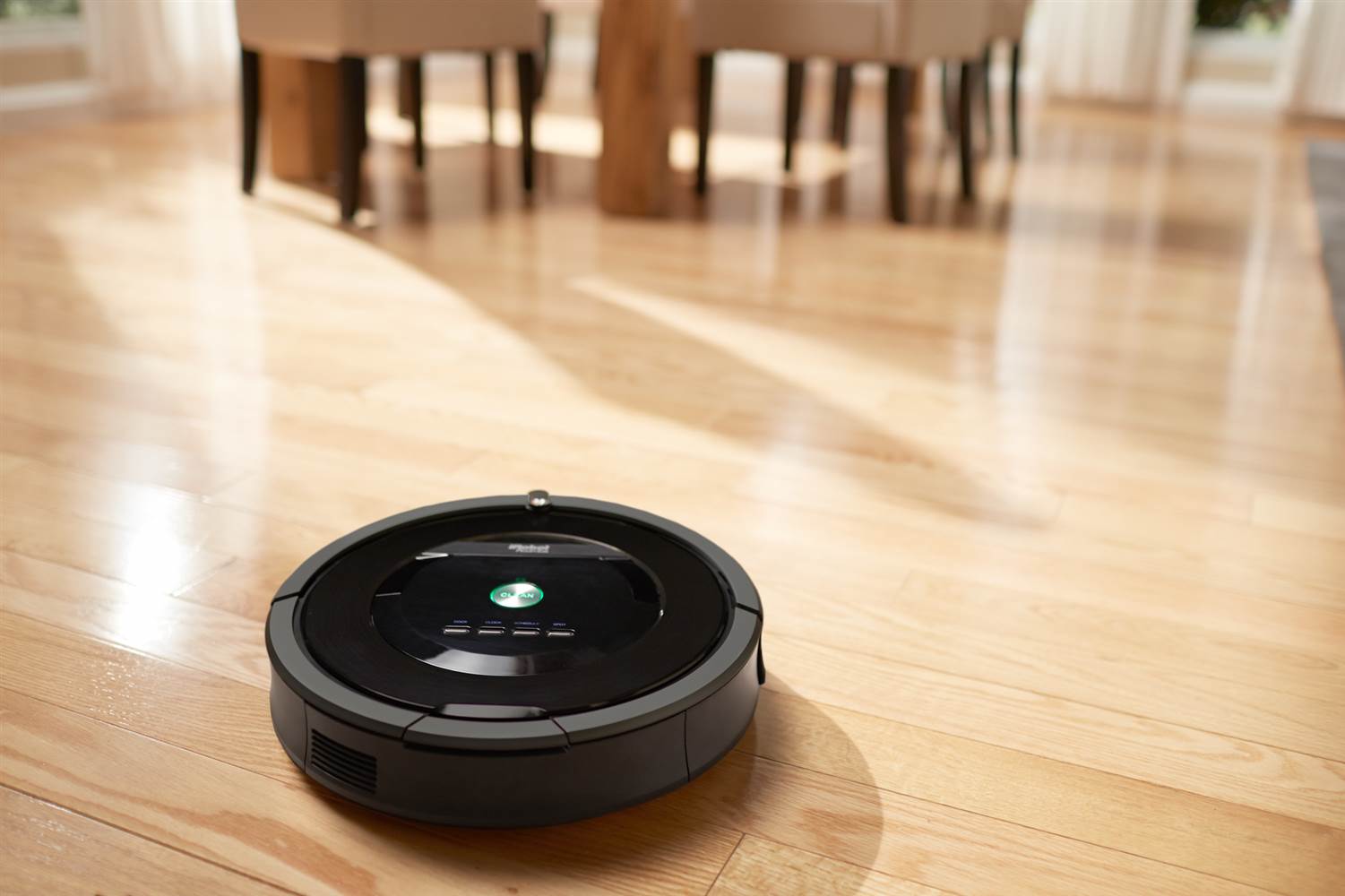It is undeniable: today, more than ever, our personal data is worth gold to companies around the world. When we think about the type of information we choose to share with certain companies, however, we imagine things like name, age, location, browsing or purchase history, right? For this article is a good reminder that it goes much, much further.
For example: can you imagine that companies are very interested in obtaining information about our homes? Obtaining a perfect floor plan for our homes, with information on rooms, our living and cleaning habits, for example, is a gold mine for companies that live by selling us domestic products, such as Amazon.
 Roomba
RoombaToday, iRobot, the maker of the intelligent cleaning robots Roomba, caused noise in the technological universe precisely because of this. The company’s devices already make a complete mapping of users’ homes to work more efficiently; What scared the world was the possibility of the company, as reported by Reuters, to start auctioning this information to companies interested in it. IRobot made it very clear that this practice, if it were to happen, would have to be authorized by the user; still, it was enough for the buzz to start.
The buzz, of course, came to Apple itself, which very soon will launch a product with home scanning capabilities as or more advanced than Roomba himself: the HomePod, as is well known, it will have advanced technologies to detect different aspects of the room where it is located and, in this way, adjust its sound for the best possible listening experience.

From the controversy of Roomba, a reader of AppleInsider contacted Cupertino to ask if Apple had plans to carry out the same practice or use this captured data in some way. Apple then replied:
No information is sent to Apple servers until HomePod recognizes the command “Hey Siri”, and any information after this point is encrypted and sent using an anonymous Siri ID. Regarding room scanning, all analysis is performed locally on the device and is not shared with Apple.
The answer, of course, is hardly surprising. At every new product event or announcement, Apple makes a point of reinforcing its commitment to user privacy and the fact that, unlike certain competitors, your primary source of profit is not to use this information for advertising or related purposes. The fact that HomePod will do almost all of its recognition tasks locally and the rest will be properly encrypted is just another reinforcement of this image (public, at least).
So we can breathe easy: it won’t be the cotton ball of smart speaker that will make Apple the Skynet the real world. So we hope, at least.
Update, for Eduardo Marques Jul 28, 2017 at 14:37
In an interview with ZDNet, an iRobot spokesman said the whole story was just a misinterpretation of Reuters.
Colin [o CEO] never said iRobot intends to sell maps [das casas] or customer data for other companies. IRobot has had no conversations with other companies about selling data and iRobot will not sell customer information.
In the interview, the spokesman reinforced that all information collected by iRobot products is stored locally and is only sent to the cloud if the user wants to view such information on his smartphone – that is, that control over the data is in the hands of users (not the company).
